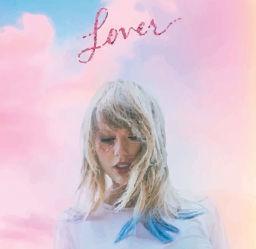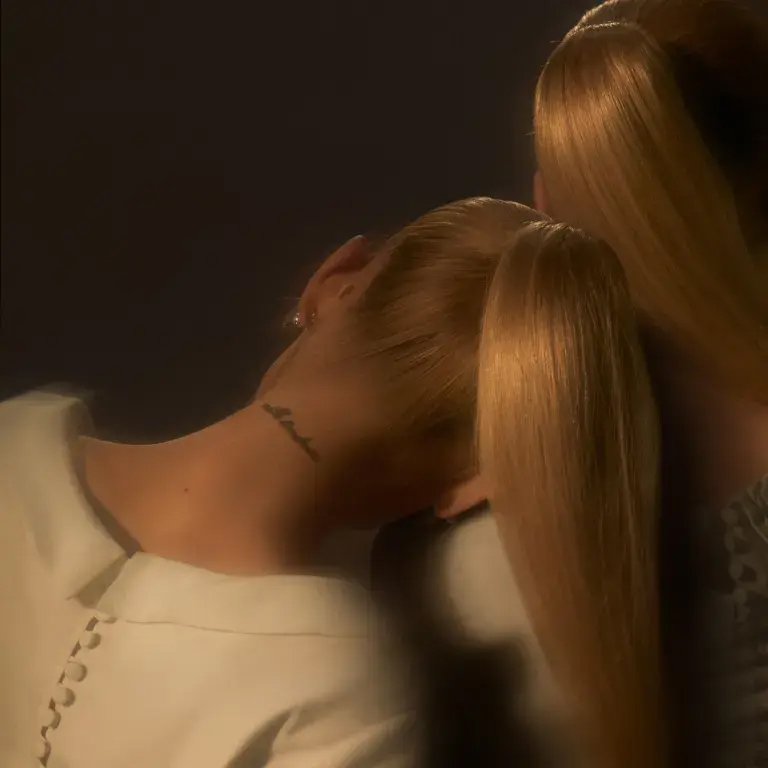Taylor Swift gifted her fans, once again, with a new musical diary last Friday, Aug. 23. The album was practically a surprise, as it dropped this summer and serves as a break from her traditional fall releases.
Typically, Swift reinvents herself with each new album. This reinvention is so frequent that her fans claim each new album is an “era,” and the singer has even famously referred to her younger self as “the old Taylor.” However, “Lover” does not exactly contain the jaw-dropping innovation the pop queen has delivered in the past. Musically, the record is close to that of 1989—fun pop-tunes beating like a heart that is in love.
The record begins with a fun and free tune titled “I Forgot that You Existed,” where Swift sings of a person who once consumed her thoughts and how that person is now long forgotten. The singer writes, “I forgot that you existed/It isn’t love, it isn’t hate/It’s just indifference.”
The tune sets the album up to be a far cry from the revenge-seeking Taylor featured in “reputation.”
The singer-songwriter always serves radical honesty in her work, and that has not changed for this album, as she speaks to her past seasons of passion and immaturity. “I never grow up, it’s getting so old / Help me hold on to you/I’ve been the archer/I’ve been the prey,” she sings in “Archer.”
Swift continues this laid-back manner throughout the album, nodding to her previously frustrated and dramatic nature. In “Daylight,” Swift says “I once believed love would be burning red / But it’s golden.” Even when she touches on social justice issues such as LBGTQ rights in “You Need To Calm Down,” she seems to exhibit a more relaxed, less-aggressive form than her past self.
When I first gave the album a listen, I was disappointed by the lack of change from past albums, as I am a big supporter of artists experimenting and trying different styles. However, it seems that Swift is moving into a calmer and happier season of life, and thus, I am happy for her.
Swift has gained a sense of carefree autonomy that cannot be denied by listeners, and this new sense of independence is reflected in this album more than any before.
Though the album is similar to 1989 musically, it is does not offer listeners the variety in beats, instruments and vocals. Instead, it sticks to the same few instruments and involves narrow vocal range, but Swift does offer creativity with few components. Thematically, “Lover” very different from the angry shadow in “reputation,” the nostalgic dreamer in “Red” or the innocent romantic in “Speak Now” and “Fearless.” Instead, the album showcases a matured Swift, who has learned love is not a fairytale, but it is still worth the effort.
“Lover,” though it is not Swift’s strongest album, is still a pretty incredible album, and will likely meet few haters.
Pitting it against her past performances, the revolutionary singer probably will not hit the top-charts or win many Grammys this time around. Though the music may not be groundbreaking, the star herself seems grounded, and Swift is benefitting the most from this era of a calmer and wiser persona.































































































